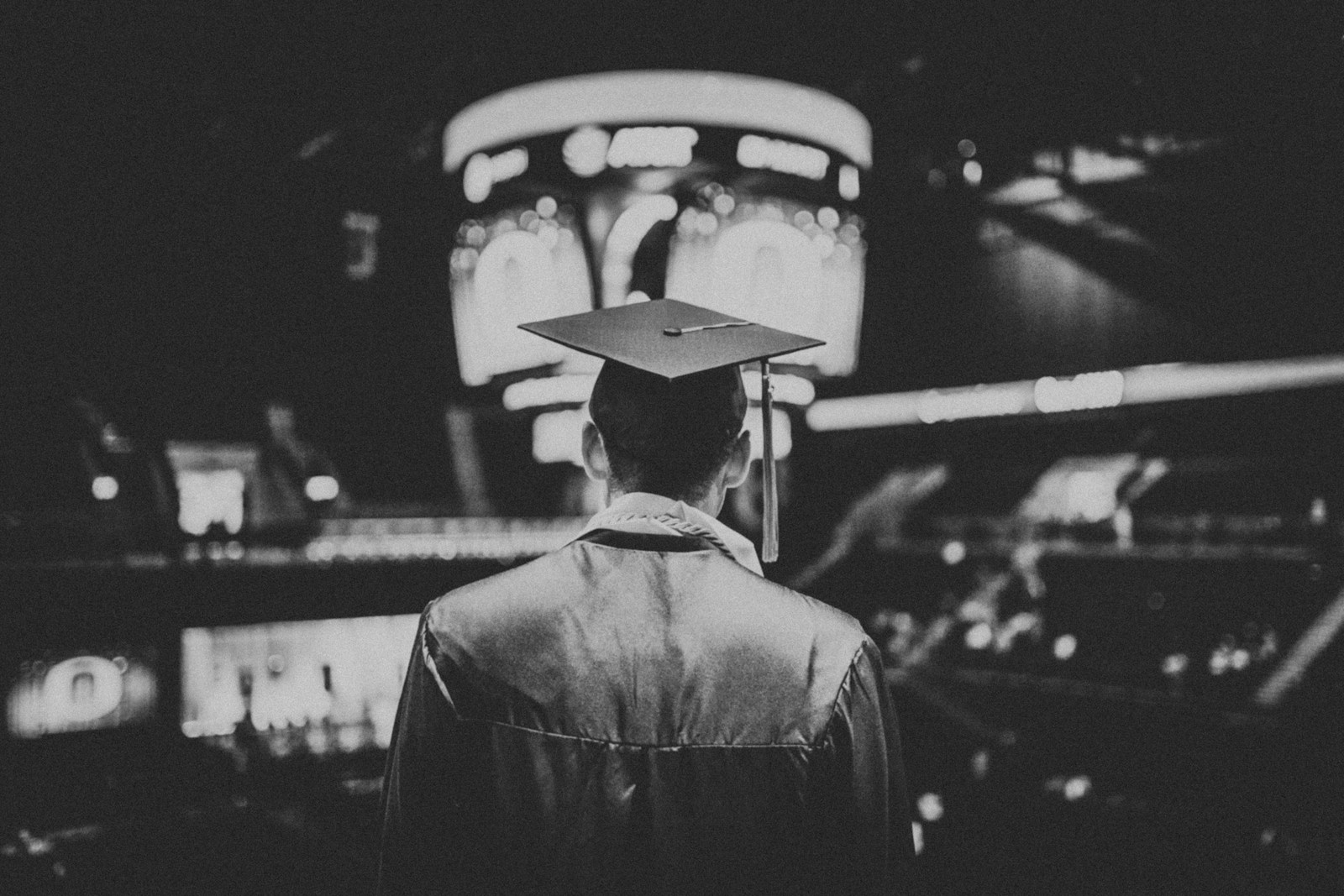Why there is a need for a bold re-peaching of education in South Africa-as the world changes, universities have a role.
The world of work is changing at an unprecedented speed, inspired by artificial intelligence (AI), other technological progress and restructuring of already settled historical processes worldwide.
Future predicting – and so to be able to make an educated estimate of a permanent career path after school – has never been more challenging, yet the work of preparing today’s students for tomorrow’s workforce is more important than ever.
IIe Rosebank College MD, Dr. “This rapidly changing scenario requires a adventure reconsideration to navigate this rapidly changing landscape.”
“In the South African Lecture Hall, we should now prioritize significant thinking, interdisciplinary and authentic evaluation to cut the paths through uncertainty. For career services, it is about making industry partnerships to install students and guide them on the right trajectory services.”
With AI re -shaping industries and creating roles that have not been defined yet, teachers have to face the challenge of preparing students for career who are not currently present, for which universities need to promote adaptability and curiosity.
“We cannot teach specific job skills for roles that emerge, but we can teach students how to learn, unknown, and reliers-even when they leave our corridors of learning, important thinking and complex problems are the basis of this approach, which makes students confidently deal with the novel challenges. The mayor says.
Interdisciplinary education is another major strategy, she notes.
“By combining areas such as social science, technology, environmental science and business, students get a holistic perspective that prepares them for hybrid roles, as it is clear that the future workforce will need to bridge the subjects.”
Annie Literacy Embeding
As AI becomes omnipresent, it is non-pervantic to embed AI literacy in the curriculum.
“Students do not need to be an AI expert, but they should understand its applications, boundaries and moral implications. Therefore, universities should aim to integrate AI literacy in their programs, students should teach that students should assess their outputs to take advantage of devices such as machine learning platforms.
Power of transferable skills
In the era of economic and environmental instability, transferable skills – often called soft skills – are important for flexibility.
Dr. The mayors highlight the communication, cooperation and emotional intelligence required to navigate the future and the upheaval.
“These skills strengthen students to make various roles and adaptation to industries, from tech startups to green energy ventures. A way to develop it at the university level, to improve these skills is to include authentic assessment such as real -world projects and simulation.
Participation with industry
Strong industry participation is important to align education with market needs. Therefore universities should not work as academic silos, but actively cooperate with business and industry for co-design course, providing internships and providing mentarships.
“Industry partners help us guess emerging roles and skill intervals,” Dr. The mayor says. “They also give students a leg in the door, reduce the gap between the classroom and the career.”
Improvement of work readiness
The readiness of work remains the cornerstone of the duty of universities towards its students.
It can be nurtured through practical experiences such as internships, industry projects and career coaching.
“Universities should help students graduate with both technical expertise and professional polish. Ensure focusing on real-world education that students are not only qualified, but are workplace-taiyars.”
